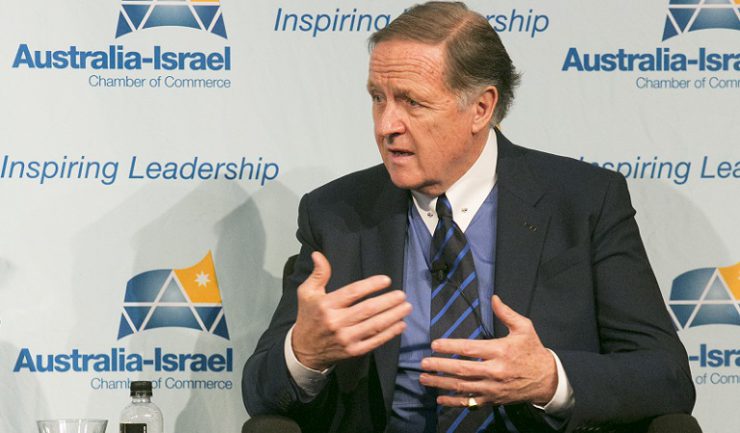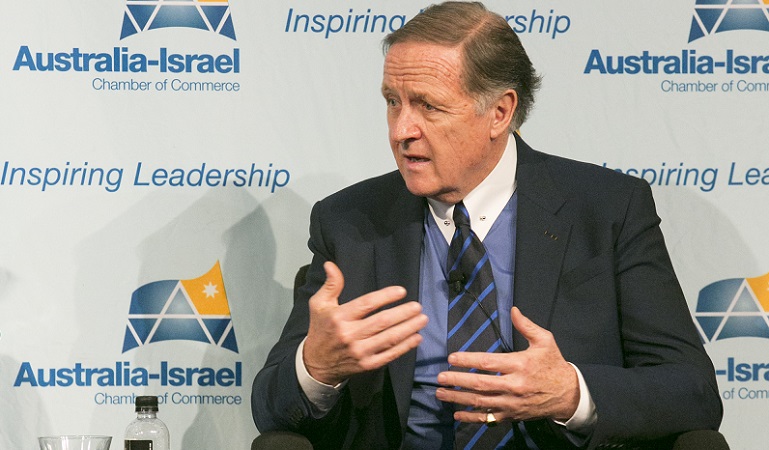By Kymberly Martin
Prepares for “Millennial tsunami”.
The Good Guys is trialling an innovations store in Essendon approximately 13km north of Victoria’s capital, Melbourne, described by CEO, Michael Ford (pictured below), “as a sandbox store” intended to pick up on the potential of the Millennial Generation or Gen Y. Ford was speaking to Appliance Retailer, at a recent Australia Israel Chamber of Commerce (AICC) retail forum.
Ford said the concept of a sandbox store was born out from The Good Guys innovation strategy to trial new initiatives before rolling these out across its national store network. The sandbox store in Essendon is being used to trial everything from new visual merchandising solutions to new product ranges like kitchenware.
“It is all about trying new concepts, new innovations and category extensions that involve a total store redesign,” Ford said. However, the connected home does not figure in the new concept, yet. “I think (the connected home) is still a couple of years away, although it is talked about a lot, in the same way eCommerce and its strength was talked about in early 2000, but did not fully emerge until 15 years later.”

Ford said retailers were facing a “Millennial tsunami” from this technology-engaged demographic who are expected to account for 30% of discretionary spending by 2020.
“They are important and they have never lived without a mobile device in their hand, nor has Generation Z, so they are going to be a significant influence. So you had better learn as a business how to write these Millennials and Generation Z into your story – whatever your strategic story is, learn how to write them in. If you have people in your organisation who do not recognise and understand that then it may be time for them to say ‘sayonara’ and move on because that is a change and it is happening very quickly,” he said.
“I am not saying go out and employ a lot of Millennials, what I am saying is make sure you blend the two, and the more senior and seasoned people in your team need to have the right attitude. And in retail I don’t need to tell anyone, you hire attitude and train the skill, get people with the right attitude, the millennial is coming like a tsunami and we need to know how to deal with that,” Ford said.
According to Nielsen Insights there is no confusion in the market about the significance of the Millennials as they now account for 24% of the US population, a larger percentage than the historically dominant Baby Boomer generation. This group also commands significant long-term spending prowess and are already spending about $200 billion each year in the US. And most importantly, especially for retailers, they are quicker to jump on new trends.
Ford added that retail has been a rather sleepy industry for the last 150 years with technology now at the forefront of change and it will enable retailers to measure customers on like-for-like growth.
“Measurements will move away from the box that retailers operate out of to a share-of-wallet from an individual customer, he said. “We have data that can look at how the customer shops, how they journey through the store and this data has become critical. You cannot disappoint the customer because what the customer wants is to find the right product, at the right price at the right place and to achieve this requires enormous, sophisticated technology. It’s a bit of a blur where retail ends and technology starts and is a learning curve for all of us.”

